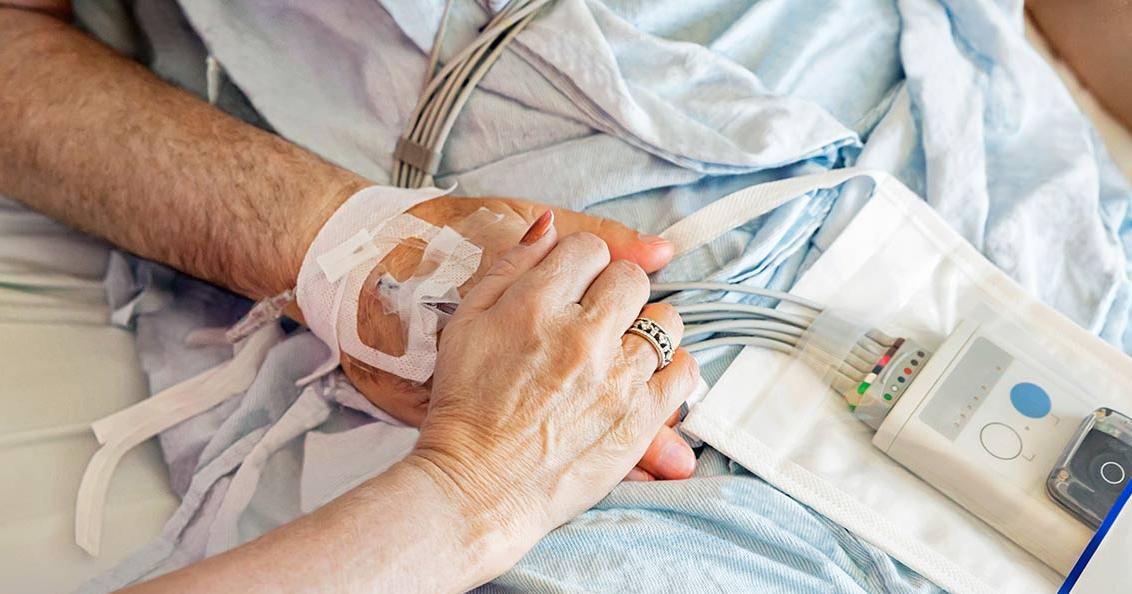How To Quickly Treat Chronic Rhinitis
Antihistamines

Antihistamines may be recommended for both types of rhinitis but are particularly effective on patients with allergies. The body creates histamines when reacting to allergens, and the medication interrupts this reaction, relieving itching, sneezing, and runny nose. These medicines work best when taken regularly for as long as symptoms persist. Doctors may suggest beginning an oral medication a few weeks before allergy season begins.
Antihistamine pills are commonly used, but nasal sprays and eye drops are also available. Nasal sprays may be more effective at targeting postnasal drip. Modern oral antihistamines are less likely to cause drowsiness than those in the past. They are available both over-the-counter and with a prescription.
Try Immunotherapy

Patients with chronic rhinitis caused by perennial allergies may wish to try immunotherapy treatments. These are available as prescription tablets or liquids, and as subcutaneous injections. Both options contain allergen extracts that help the patient build their immunity to the particular substance causing their allergies. Injections are normally given at least once a week or more frequently to start, and patients need to have maintenance injections at least once a month. In the United States, prescription tablets can provide patients with an alternative to injections. As with the injections, the tablets contain specific quantities of allergens, and patients need to take them once per day.
Currently, these medicines are available for the treatment of allergies to dust mites, short ragweed, and several different types of grass pollen. Patients who choose to take the prescription tablets will need to take their first dose at the doctor's office, where they can be monitored in case of an allergic reaction. While the tablets are generally well tolerated, some patients may experience gastrointestinal issues and itching or burning sensations on the mouth and lips. These side effects are normally mild, and they often subside after the first week of use.
